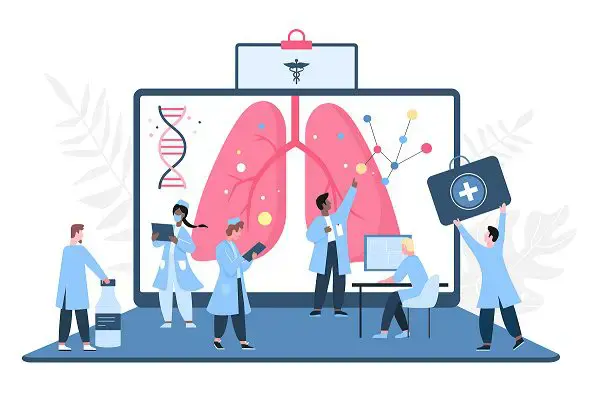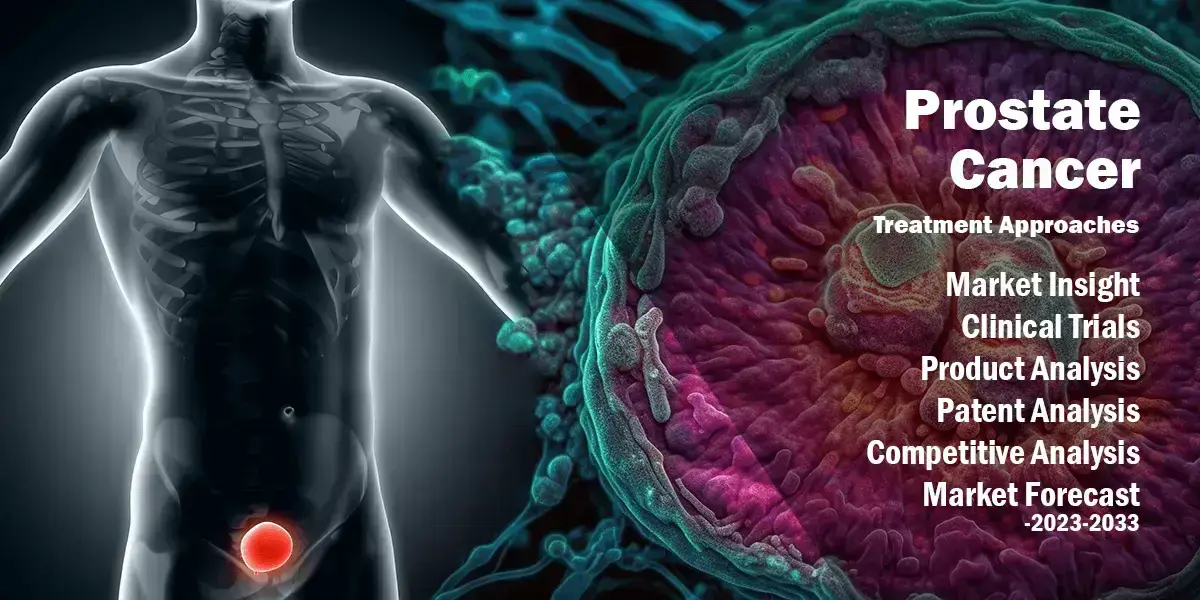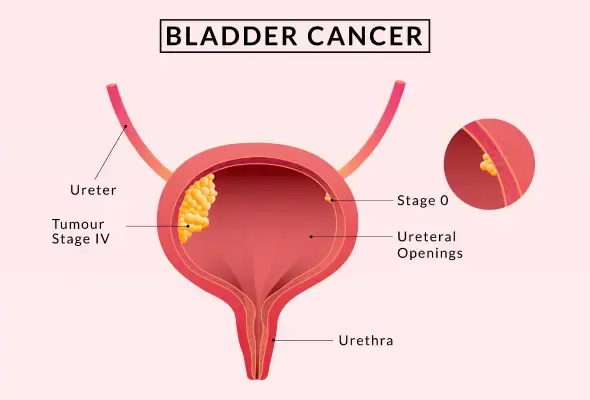
Understanding Lung Cancer Stages
Lung cancer is typically categorized into two main types: non-small cell lung cancer (NSCLC) and small cell lung cancer (SCLC). The treatments for each can vary greatly depending on the stage at diagnosis. Lung cancer is divided into the following stages:
- Stage 0 (Carcinoma in Situ)
- Stage I
- Stage II
- Stage III
- Stage IV
Chart: Lung Cancer Stages and Treatment Options
| Stage | Non-Small Cell Lung Cancer (NSCLC) Treatment | Small Cell Lung Cancer (SCLC) Treatment |
|---|---|---|
| Stage 0 | Surgery (Wedge Resection), Radiation Therapy | Not applicable, as SCLC is not typically detected at this stage |
| Stage I | Surgery (Lobectomy), Radiation Therapy, Targeted Therapy | Chemotherapy (Platinum-based) |
| Stage II | Surgery (Lobectomy/Segmentectomy), Chemotherapy, Radiation Therapy | Chemotherapy (Platinum-based), Radiation Therapy |
| Stage III | Surgery, Chemotherapy, Immunotherapy, Radiation Therapy | Chemotherapy, Radiation Therapy, Immunotherapy |
| Stage IV | Chemotherapy, Immunotherapy, Targeted Therapy, Palliative Care | Chemotherapy, Immunotherapy, Palliative Care |
Stage 0: Carcinoma in Situ
At stage 0, cancer cells are present in the lining of the lungs but haven't spread. This is the earliest stage of lung cancer and has the highest potential for successful treatment. The best treatment for Stage 0 lung cancer is typically surgery, often a wedge resection, where a small part of the lung is removed. Radiation therapy may also be used, especially if surgery is not an option.
Key treatment options for Stage 0 lung cancer:
- Surgery: Wedge resection or segmentectomy.
- Radiation therapy: For patients who cannot undergo surgery.
Stage I: Early-Stage Cancer
In stage I lung cancer, the tumor is confined to the lung and has not spread to lymph nodes or other organs. Treatment options typically involve surgery, particularly lobectomy, which removes the affected lobe of the lung. If surgery is not feasible, radiation therapy and targeted therapy may be used.
Key treatment options for Stage I lung cancer:
- Surgery: Lobectomy or segmentectomy.
- Radiation therapy: High doses of radiation focused on the tumor.
- Targeted therapy: Targeting specific mutations in the tumor cells.
Stage II: Regional Spread
At stage II, the cancer has spread to nearby lymph nodes or the lung tissue. The primary treatment remains surgery, followed by chemotherapy to reduce the chance of recurrence. Radiation therapy may be recommended in combination with surgery to ensure that all cancerous tissue is removed.
Key treatment options for Stage II lung cancer:
- Surgery: Lobectomy or segmentectomy.
- Chemotherapy: Often platinum-based, to kill any remaining cancer cells.
- Radiation therapy: Post-surgical radiation to reduce recurrence.
Stage III: Advanced Local Spread
Stage III lung cancer is more advanced, with cancer spreading to nearby lymph nodes or other structures within the chest, but not to distant organs. The treatment for stage III lung cancer can involve a combination of surgery, chemotherapy, radiation therapy, and immunotherapy. Immunotherapy has shown promise in the treatment of NSCLC, helping the body’s immune system fight cancer.
Key treatment options for Stage III lung cancer:
- Surgery: Lobectomy or pneumonectomy (removal of the entire lung) may be performed.
- Chemotherapy: Platinum-based chemotherapy drugs are commonly used.
- Radiation therapy: High-energy radiation aimed at the tumor and nearby lymph nodes.
- Immunotherapy: Drugs like PD-1 inhibitors (e.g., nivolumab) are used to boost immune responses.
Stage IV: Metastatic Cancer
Stage IV lung cancer is the most advanced stage, where cancer has spread to distant organs like the brain, liver, or bones. Treatment for stage IV lung cancer is focused on palliative care and improving the quality of life. While chemotherapy, immunotherapy, and targeted therapies cannot cure stage IV cancer, they can slow its progression and provide symptom relief.
For small cell lung cancer (SCLC) at this stage, the primary treatment is chemotherapy (often platinum-based), followed by immunotherapy if the patient is eligible.
Key treatment options for Stage IV lung cancer:
- Chemotherapy: Platinum-based, as well as newer agents.
- Immunotherapy: PD-1 and PD-L1 inhibitors to enhance the immune system’s ability to fight cancer.
- Targeted therapy: For cancers with specific genetic mutations.
- Palliative care: For symptom management and quality of life.
Advanced Therapies and Innovations
Recent advancements in lung cancer treatment have led to the development of several innovative therapies. Here are some of the most promising:
- Immunotherapy: This is a cutting-edge treatment that helps the body’s immune system recognize and fight cancer cells. PD-1 inhibitors like nivolumab and pembrolizumab are commonly used in NSCLC and SCLC.
- Targeted therapy: These therapies target specific mutations in cancer cells. Drugs like Erlotinib and Gefitinib are used for EGFR-positive lung cancer, while Crizotinib targets ALK mutations.
- CAR-T Cell Therapy: Although still in experimental stages, chimeric antigen receptor T-cell (CAR-T) therapy shows promise in treating advanced lung cancers by modifying the patient's T-cells to target and attack cancer cells.
- Gene Therapy: This involves altering the genetic material of the cancer cells, aiming to correct the mutations that cause cancer. Research is ongoing, and this could become a more prominent treatment option in the future.
Best Hospitals and Centers for Lung Cancer Treatment
The best lung cancer treatment options are available at top medical centers around the world. Here are some renowned hospitals offering cutting-edge lung cancer care:
- MD Anderson Cancer Center (USA): Known for its comprehensive lung cancer treatment programs, MD Anderson offers advanced therapies, including immunotherapy and targeted treatment options.
- Memorial Sloan Kettering Cancer Center (USA): Memorial Sloan Kettering is a leader in clinical trials and offers access to experimental treatments.
- Gustave Roussy (France): One of Europe’s leading cancer centers, Gustave Roussy specializes in personalized medicine and cutting-edge therapies.
- Royal Marsden Hospital (UK): Known for pioneering cancer research, The Royal Marsden provides a multidisciplinary approach to treating lung cancer.
- National Cancer Center Hospital (Japan): This center provides state-of-the-art treatments, including the latest in immunotherapy and targeted therapies.
Conclusion
Lung cancer treatment varies widely depending on the stage and type of cancer. Early detection and personalized treatment plans are key to improving outcomes. From Stage 0 where surgery is the primary treatment, to Stage IV where chemotherapy, immunotherapy, and palliative care play a critical role, advancements in treatment are continually evolving. Consulting with a team of specialists at renowned cancer centers can help ensure the best possible outcomes for patients.
Always stay informed about the latest therapies, and consult with your oncologist to determine the best treatment strategy based on the specific characteristics of your lung cancer.





